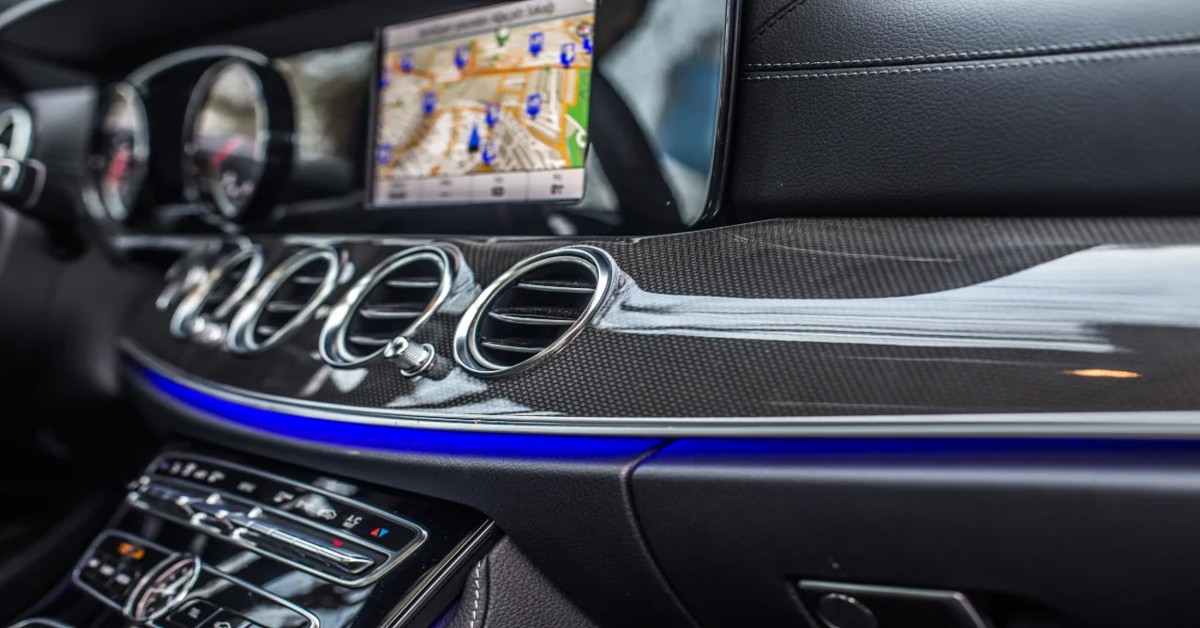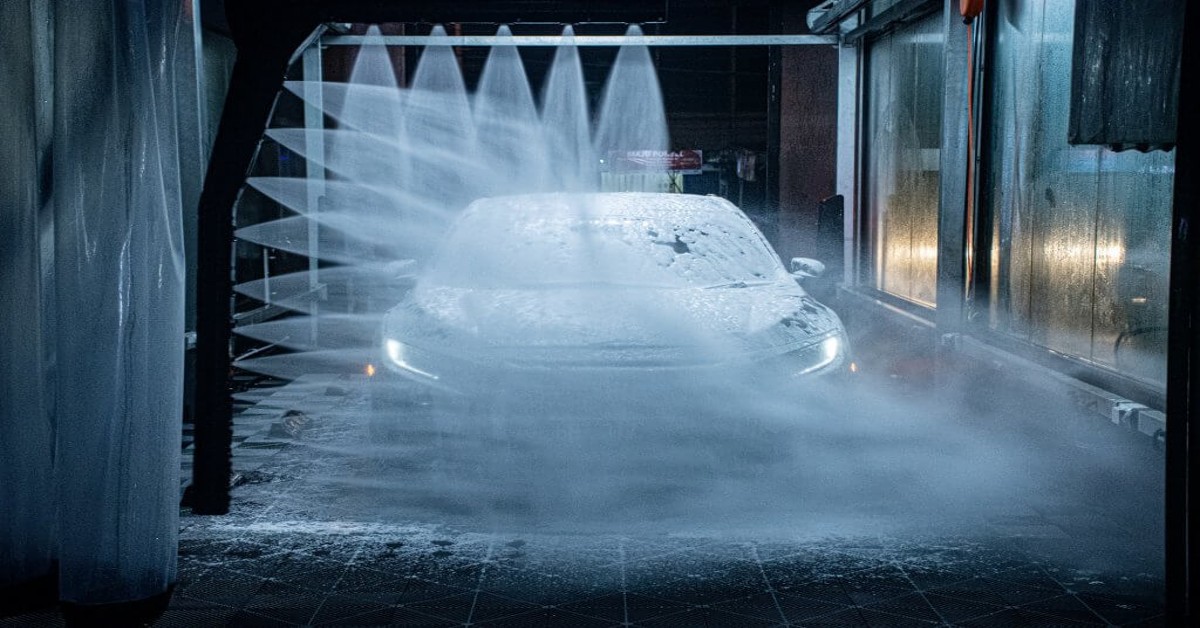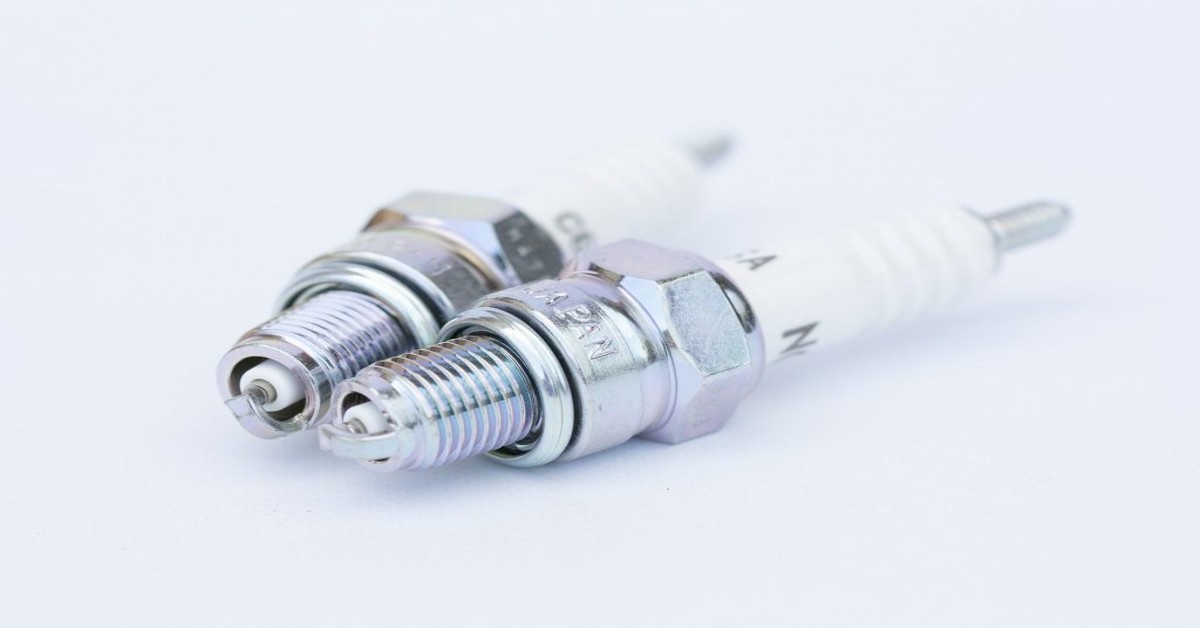Driving in the scorching heat of summer, your AC is the only means of respite from the unrelenting sun. It is what keeps you cool while also making your driving pleasant even in hot weather.
Air conditioners are almost a necessity in summers but what happens when your car AC suddenly starts blowing hot air? well, for some there couldn’t be a greater inconvenience in a car than that.
In this feature, we’ll discuss, why an AC might start to blow hot air and what could be some signs of it.
Table of Contents
Refrigerant Leak
Refrigerant or freon is a key component of your car’s air conditioning system. Most cars on road today use the R134a refrigerant because of its low flammability and ecologically sound nature. It works to regulate the temperature of your car.
With the refrigerant gas running low, you can be sure to experience a decrease in cooling and even warm gusts of air if the gas hits an extreme low due to a leak in the system. There are two main causes of a car AC blowing hot air from a refrigerant leak- normal depletion,
and moisture. Losing refrigerant is a natural phenomenon with most vehicles losing as much as 10% of their total freon annually. However, with enough procrastination, you can bring that to a level where your car AC starts to blow hot air.
The other reason for leakage in the refrigerant is moisture. Moisture can make its way into the system through broken hoses, vents, and frayed rubbers causing the refrigerant to mix with moisture and get diluted.
Signs To Look For
- Oily Substance Accumulating on the AC- If you find any oily substance accumulating, inside the cabin or along the compressor lines, it can be a sign of a refrigerant leak. To verify the leak, you just need to go ahead and clean it with a dry cloth and if it begins to collect again, you can confirm it’s a refrigerant leak.
- Room Temperature air- If you notice your car AC blowing room temperature air, this could be the calm that comes before the storm or in this case the sign before the annoying hot air blows from your AC.
- Clutch Doesn’t Engage– If you do not hear your vehicle’s clutch engaging when you turn the AC on, it could be an important sign of low freon, as the clutch functions by scanning freon levels and if there isn’t enough, it won’t engage.
Fault With Electrical System
Your car’s air conditioning system is an electrical component with a labyrinth of cables, relays, and fuses. This system effectively delivers the necessary power to all the components and helps in the proper functioning of the AC as long as the wiring is intact.
Burnt or chapped cables or a fault with the fuse are a common occurrence causing your car AC to blow hot air. However, this does not go on for very long due to the advancement in safety technologies of vehicles.
If any of the components of a car AC fail due to a surge in power or any other kind of malfunction in the electrical system, the vehicle’s safety system detects it and shuts power to other components to prevent further damage and stave off any hazardous situation.
Signs To Look For:
AC compressor not turning on – If the compressor doesn’t kick in immediately when you start the AC, you could be experiencing some minor electrical issues with your car AC.
Compressor Issues
The compressor is the part within an air conditioning unit that places a high pressure (compresses) on the refrigerant before it is pumped into the condenser, where it is converted from gas to liquid. When the compressor begins to falter there is little to no conversion of refrigerant rendering your AC to perform suboptimally and even blow hot air.
Though compressor issues do not occur commonly, it is known to happen mostly in the winters, mainly due to disuse. We recommend leaving your AC on for 5-10 minutes every week if you plan not to use it come winter.
Signs To Look For
- Moisture Around the AC- When the Compressor is not performing up to its full potential, the refrigerant does not fully convert into liquid form. If you find puddles of moisture on your AC dashboard, it can be a sign of a broken compressor.
- Ticking Noise- Ticking sounds from the AC can be taken as an indication of a broken condenser. The compressor has sealed bearings and if the internal bearings were to get damaged, it will start to make a ticking noise.
- Clutch Not Engaging- The clutch is the one allowing the compressor to pressurize the refrigerant. If it doesn’t activate while turning the AC on it could possibly be an early sign of the compressor going wrong.
Bad AC Condenser
The condenser serves as one of the central parts of the car AC unit, responsible for dissipating heat and condensing incoming freon vapor into liquid state. When working fine, the condenser allows the refrigerant to cool down so it could return back to a gaseous state and start the cooling process again.
The condenser is one of the most intricate components of the AC system with several components constituting its structure, such as cooling fans, motor, condenser coil, circuit board, etc, making its malfunctions multifarious and extremely hard to diagnose.
Signs To Look For
Warning Lights on Dashboard- In modern vehicles, the warning system is able to detect problems before they manifest into more serious forms.
It is a good practice to read the manual and determine for oneself, what exactly your car is trying to give signals about. If your car’s warning light is on for AC, it could indicate serious problems with the condenser.
Warm air from AC vents- The very first sign and quite possibly the most clear-cut sign of a bad condenser is warm air through the vents.
Problem With The Cooling Fans
The pair of cooling fans in your car AC is contained within the condenser and works to reduce the heat of the refrigerant while it’s in the process of conversion. If these fans are broken or underperforming for some reason,
the AC system will not be able to operate for optimal cooling. There can be several different reasons that might cause AC fans to malfunction such as broken wires, blown fuses, idling, or even road debris as they are placed in the front of the car.
Signs To Look For
- Cooling Fans Take Time To Engage- The motors working with the cooling fans pull air through the radiator. If the motors are beginning to fail, the fan blades will not be quick to spin and generate airflow
- Heating while idling- Another sign of bad AC fans is overheating. The cooling fans are thermostatic and are designed to turn on once the cabin reaches a certain temperature.
- If the fan motors start to fail, fans will be disabled and the engine temperature will climb making the engine overheats. However, engine overheating can indicate a variety of problems and it is advisable getting your vehicle diagnosed by a professional.





The information shared is of top quality which has to get appreciated at all levels. Well done…
Way cool! Some extremely valid points! I appreciate you writing this write-up plus the rest of the website is really good.